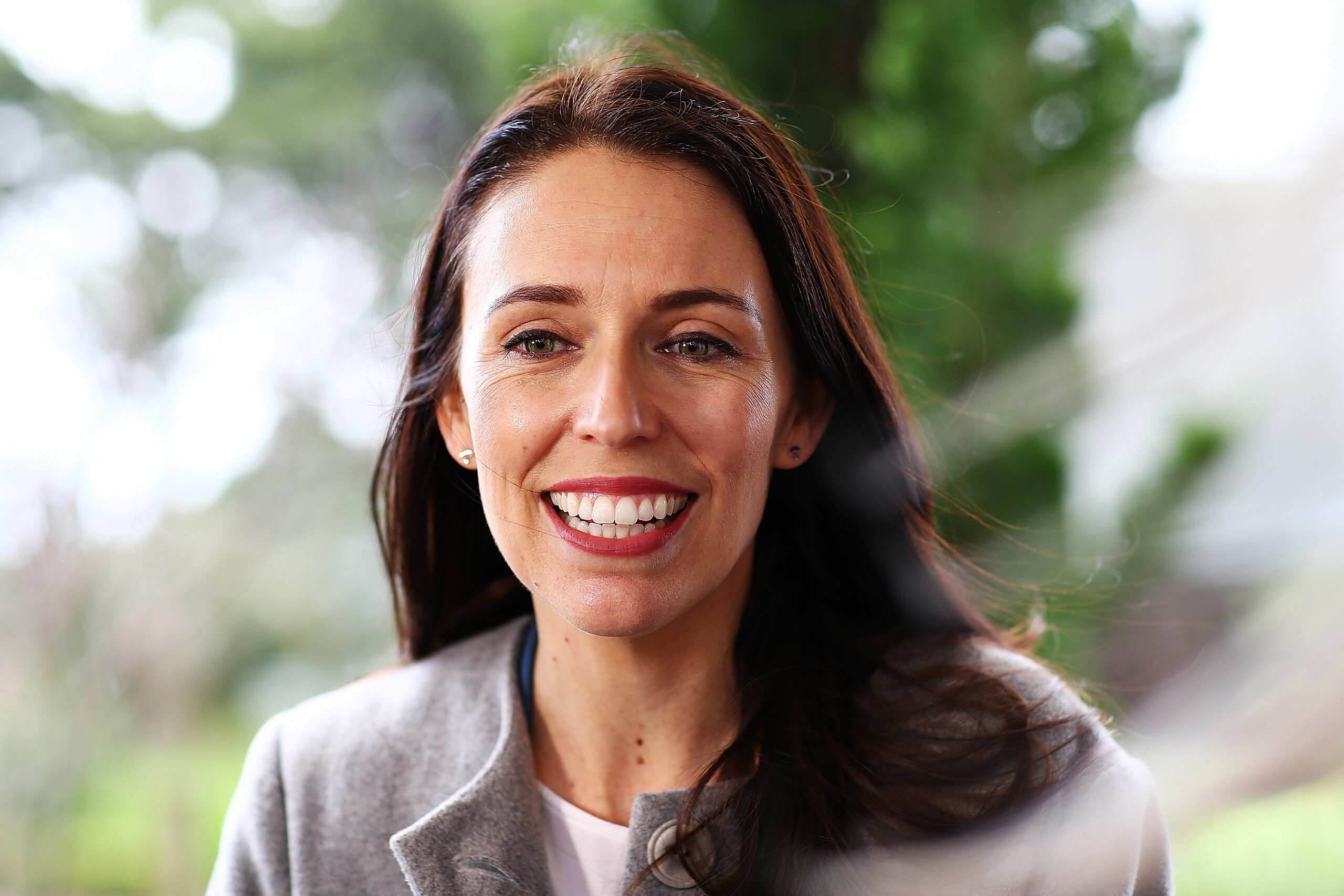Jacinda Ardern has appeared in yet another international publication, The Sunday Times magazine. The UK publication joins Vogue, CNN and Australia’s 60 Minutes, in singing the praises of the New Zealand PM.
This article includes anecdotes that give a moving insight into why our Prime Minister advocates so strongly for social justice and compassionate governance.
Speaking of her early years spent in Mururapa, an impoverished and predominantly Maori community in the Waikato, Ardern told journalist Helena de Bertodano, “I have very vivid memories of a little boy walking home from school on his own and I thought, ‘He’s my age, why is he on his own?’ Then I noticed he didn’t have shoes and had soiled himself. He was clearly unwell and was just sobbing as he walked. I’ve never ever forgotten it.”
Ardern talks about her childhood and how she came to be in politics, as well as her views on Donald Trump and the world’s fixation with the trivial when it comes to female leaders – Theresa May’s leather pants rather than what she stands for… Hillary Clinton’s hair.
Bertodano spoke to Ardern’s high school principal, John Inger, who still leads Morrinsville College: “Gosh, we’re proud of her,” he told her.
He said Ardern spent a lot of time in his office – “not because she was in trouble, but because she was advocating on behalf of other students. Anyone who underestimates her will find they’re bitten on the bottom.”
Looking back, Ardern tells Bertodano she might have “got a little bit lost” in a bigger school. “I had so many wonderful opportunities because I grew up in that small town.”
Ardern describes herself as “earnest”. “And [I’ve been called] a girly swot, which is also fair.”
On motherhood Ardern, who is due with her first baby in June, is adamant that she does not want to be held up as “some kind of poster child saying women can do everything”, and is quick to point out that her partner Clarke Gayford will be primary caregiver.
“Because it implies women should do everything. And I think women have enough expectations. I can only do everything because I have help, by which I mean Clarke.”

